Urgent
Saudi Arabia’s non-oil exports up 32.3% in October
 UAE shines as global incubator for startups in smart mobility solutions
UAE shines as global incubator for startups in smart mobility solutions
 Blast at mosque in Nigeria kills 5, injures over 30
Blast at mosque in Nigeria kills 5, injures over 30
 UAE marks 2025 with global competitiveness milestones
UAE marks 2025 with global competitiveness milestones
 Japan expects growth to accelerate next year with fiscal stimulus
Japan expects growth to accelerate next year with fiscal stimulus
 OPEC Fund to co-finance up to $2 billion to accelerate development across Africa
OPEC Fund to co-finance up to $2 billion to accelerate development across Africa
 UAE-EU Dialogue on Human Rights holds 13th meeting in Abu Dhabi
UAE-EU Dialogue on Human Rights holds 13th meeting in Abu Dhabi
 UAE condemns terrorist attack in northwestern Pakistan
UAE condemns terrorist attack in northwestern Pakistan

 UAE shines as global incubator for startups in smart mobility solutions
UAE shines as global incubator for startups in smart mobility solutions
 Blast at mosque in Nigeria kills 5, injures over 30
Blast at mosque in Nigeria kills 5, injures over 30
 UAE marks 2025 with global competitiveness milestones
UAE marks 2025 with global competitiveness milestones
 Japan expects growth to accelerate next year with fiscal stimulus
Japan expects growth to accelerate next year with fiscal stimulus
 OPEC Fund to co-finance up to $2 billion to accelerate development across Africa
OPEC Fund to co-finance up to $2 billion to accelerate development across Africa
 UAE-EU Dialogue on Human Rights holds 13th meeting in Abu Dhabi
UAE-EU Dialogue on Human Rights holds 13th meeting in Abu Dhabi
 UAE condemns terrorist attack in northwestern Pakistan
UAE condemns terrorist attack in northwestern Pakistan



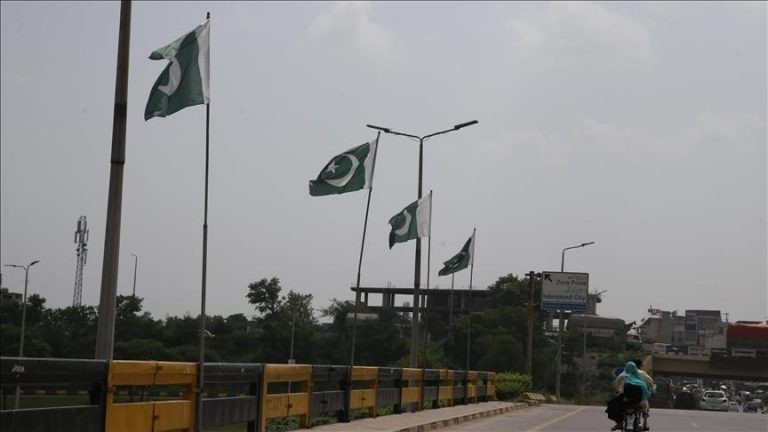

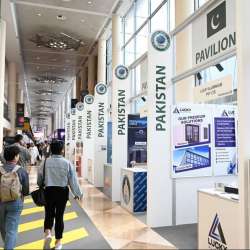

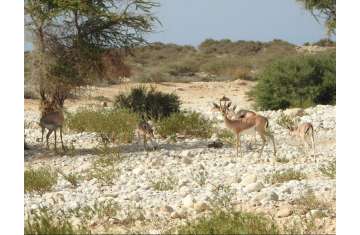
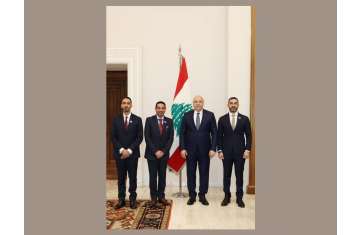

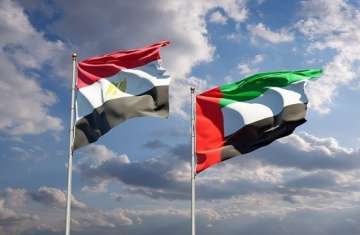
Comments